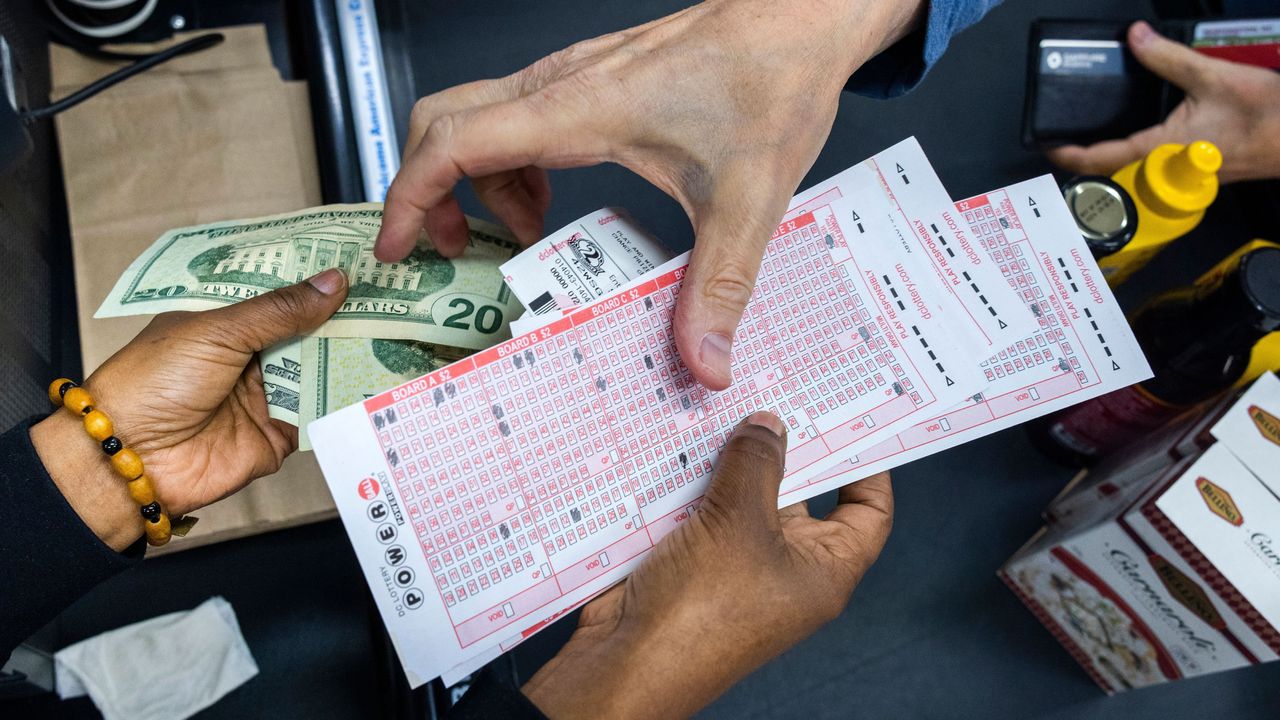
The Hidden Costs of Lottery Gambling: A Deep Dive into the True Price of the Dream
In the bustling world of chance and dreams, the allure of the lottery is undeniable. With promises of instant wealth and financial freedom, millions of hopefuls try their luck each day, dreaming of the day they might win big. Yet, beneath the glitz and glamour lies a complex tapestry of economic, social, and psychological costs that often go unnoticed togel online.
The Appeal of the Lottery
Lottery gambling is a global phenomenon, with its roots dating back centuries. From state-run lotteries to national games, the lottery offers a tantalizing opportunity to transform one’s life with the purchase of a simple ticket. The appeal lies not only in the potential windfall but also in the accessibility—anyone of legal age can participate, and the cost of entry is typically low.
The Economics of Hope
For many participants, the decision to buy a lottery ticket is driven by a combination of hope and desperation. In economically disadvantaged communities, the lottery is often viewed as a beacon of hope—a chance to break free from cycles of poverty and hardship. This hope is not unfounded, as lottery winnings can indeed change lives overnight.
The True Cost
However, what is often overlooked are the true costs associated with lottery gambling. From an economic standpoint, the odds of winning a significant jackpot are staggeringly low, often lower than the chances of being struck by lightning. Despite this, individuals spend billions of dollars annually on lottery tickets, funds that could potentially be allocated toward more secure financial investments.
Social and Psychological Impact
Lottery gambling also has profound social and psychological impacts. Studies have shown that participation in the lottery is highest among those with lower incomes, who can least afford to spend money on tickets. This phenomenon has been termed the “lottery tax,” where those who can least afford it spend a disproportionate amount of their income on lottery tickets, hoping for a way out of financial distress.
Psychologically, the allure of the lottery can be addictive. The intermittent reinforcement of occasional small wins keeps players coming back for more, even when the overall odds are stacked against them. This can lead to financial strain, relationship difficulties, and even mental health issues for some individuals.
The Role of Regulation and Awareness
Governments and regulatory bodies play a critical role in overseeing lottery operations and mitigating potential harms. This includes implementing responsible gambling measures, such as age restrictions, advertising regulations, and support for problem gambling. Public awareness campaigns can also help educate consumers about the realities of lottery odds and the potential risks associated with excessive gambling.